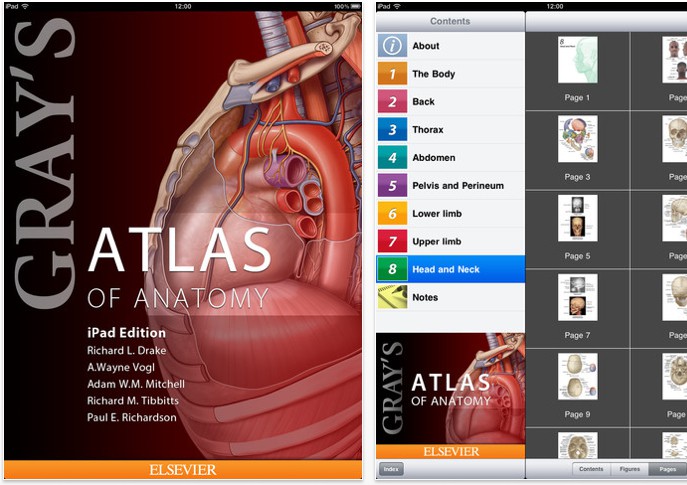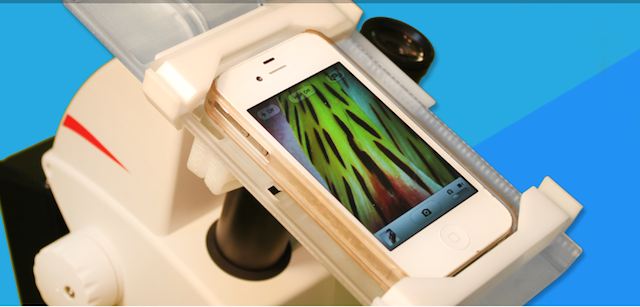If you’re frustrated that your app was rejected from the App Store, you are in good company.
Scott Virkler, senior vice president of eProducts at global science and medical publishing behemoth Elsevier, had a few choice words about Apple’s approval process – and getting rejected by it.
Virkler, speaking in San Francisco at Appnation Enterprise, said his company had three apps rejected by Apple just last week, “because they don’t get our business.”


